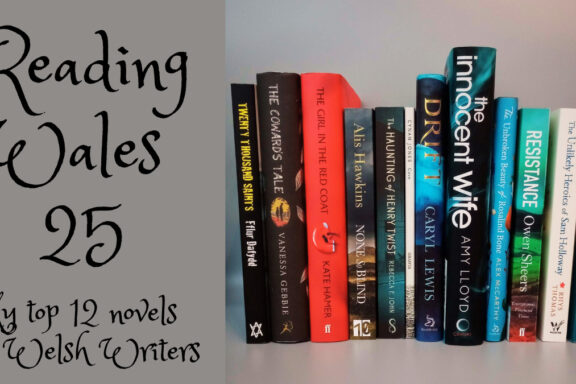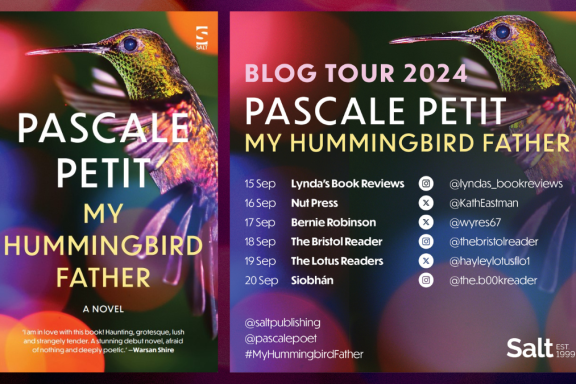Antonia Honeywell’s debut novel The Ship was the first book chosen for the Curtis Brown book group, a new online book group I’m a member of this year. The Ship proved to be an excellent choice because it offered so many topics for discussion, not least what we would have done when faced with the same choices. Here’s what the book’s blurb says:
WELCOME TO LONDON
BUT NOT AS YOU KNOW IT
Oxford Street burned for three weeks. The British Museum is occupied by ragtag survivors. The Regent’s Park camps have been bombed. The Nazareth Act has come into force. If you can’t produce your identity card, you don’t exist.
Lalla, sixteen, has grown up sheltered from the new reality by her visionary father, Michael Paul. But now the chaos has reached their doorstep. Michael has promised to save them. His escape route is a ship big enough to save five hundred people. But only the worthy will be chosen.
Once on board, as day follows identical day, Lalla’s unease grows. Where are they going? What does her father really want?
WHAT IS THE PRICE OF SALVATION?
When the novel opens, we’re in a future London which is both frightening and claustrophobic. I think I was actively taking big gulps of breath while reading the first couple of chapters. I know that I would have really struggled in Lalla’s situation. Where Lalla’s world once extended to the new banks of the Thames and Regent’s Park, it’s become confined to the flat she shares with her parents, which feels more panic room than home, despite or perhaps because of its bolted front door and the restrictions on their movements, and the British Museum, where Lalla’s mother, Anna, takes her most days.
The British Museum seems to serve as their one escape and they use it as Lalla’s classroom, home away from home and playground but I also believe that Anna has another reason for going there. As I got further into The Ship, I couldn’t help thinking back to the time that Lalla and Anna spent there as one of Anna preparing her daughter for what she feared was yet to come; doing what little she could with the scant resources left to prepare her daughter for a life beyond the four walls of their flat or the British Museum, and this could be another reason why Anna seems to delay their departure for as long as she does. (Although there’s a valid argument for saying she stops short of voicing her concerns to Lalla, which would have benefitted her most of all. But perhaps she was afraid of being ‘overheard’ by someone?)
If it were down to Michael, Lalla’s father, they’d have spent all day, every day, at home in their flat and you can’t help but read something into that. Is he trying to protect Lalla and Anna from what’s happening or trying to hide it from them? And why would he do that? Michael’s an interesting character all the way through The Ship. Distant father? Visionary? Ruthless businessman? Idealist? Saviour? Charismatic cult leader? It’s hard to get a handle on what his motivation really is at any point of the novel. He’s been responsible for trying to bring his version of order to the chaos caused by everything failing and to some extent this has worked as a temporary balm. It’s also made him a wealthy and powerful man bringing his family privileges and benefits ordinary citizens don’t have. But when he sees that this new order too is beginning to crumble, he sets about saving a smaller, more manageable, version of his world with the titular ship. In every sense of the phrase, he needs his family to get on board with him on this. And this raises one of the most interesting questions of the book for both the reader and Lalla: how much choice do we actually have in what we do day-to-day and how much free will do we exercise when deciding our own futures? Lalla appears to choose to go to the ship when the family are forced into a decision but surely she makes that decision under duress, so how much of a choice is it in reality?
The Ship itself also has real significance right from the beginning of the novel. It is the great hope for Lalla and her family, apparently. So much so that Lalla believes it to be a mythical ship she hears about it so often. She lives for years on the promise or idea of it but doesn’t see it until her 16th birthday. Is this deliberate on the part of one or more of her parents or does it just happen this way? And why is she kept away from it for so long?
The more I discovered about the ship, the more I questioned what its purpose really was. Was it a new beginning, a fresh start, as Michael sold it, an escape or something more sinister? And on what basis were the other people on board ship chosen to be there by Michael and Anna who selected them, as opposed to volunteering to be there? I had to question their motivation from the everyday life on board too. The people of The Ship seem very docile and compliant. There are no big shocks or upsets which you would expect when 500 people are confined at sea during a voyage, no big rebellions or mutinies, no breakaway factions or groups that form, no meltdowns or real breakdowns. The people of The Ship often appear to be under a spell or sleep-walking through their days but perhaps that’s what they were doing back on land. There’s enough of it happening today to believe that it would just continue if people were moved elsewhere. Those demonstrating and fighting against injustice always seem to be in the minority, while the majority do what they can to safeguard themselves, their own livelihoods and their loved ones. It’s understandable but you can’t just turn your back on the rest of the world and sail off into the sunset, or can you? That’s what The Ship seems to be asking.
What seems like a distant, dystopian future is actually not that difficult to imagine happening. The banks fail in The Ship, some failed in the 2008 crash while others were saved by taxpayer-funded government bailouts; the flood defences break in The Ship, which happened in the UK last winter and continues to happen all over the planet; crops fail in The Ship, and they’re failing here too while the world’s population continues to grow. This is what made The Ship resonate with me. It could be our world in the not-too-distant future, which makes me think about what is happening in our world, on our planet, now.
I hope if I ever had to make a similar choice that I would never get on the ship in the first place but I’m very grateful to Antonia Honeywell for her haunting, if unsettling, vision and for taking me to The Ship with her characters. She wrote their story beautifully and transported me on board. The Ship‘s a book that’s still throwing up ideas and questions weeks after having read it and it’s a rare book that does that.
Antonia Honeywell‘s debut novel The Ship is published by Weidenfeld & Nicolson, an Orion imprint. It’s out now in hardback and ebook from all good bookshops and online retailers such as Amazon UK, Amazon US, Book Depository, Hive, and Waterstones. You can find out more about the author by visiting her Author Website or by following Antonia on Twitter.




Leave a comment